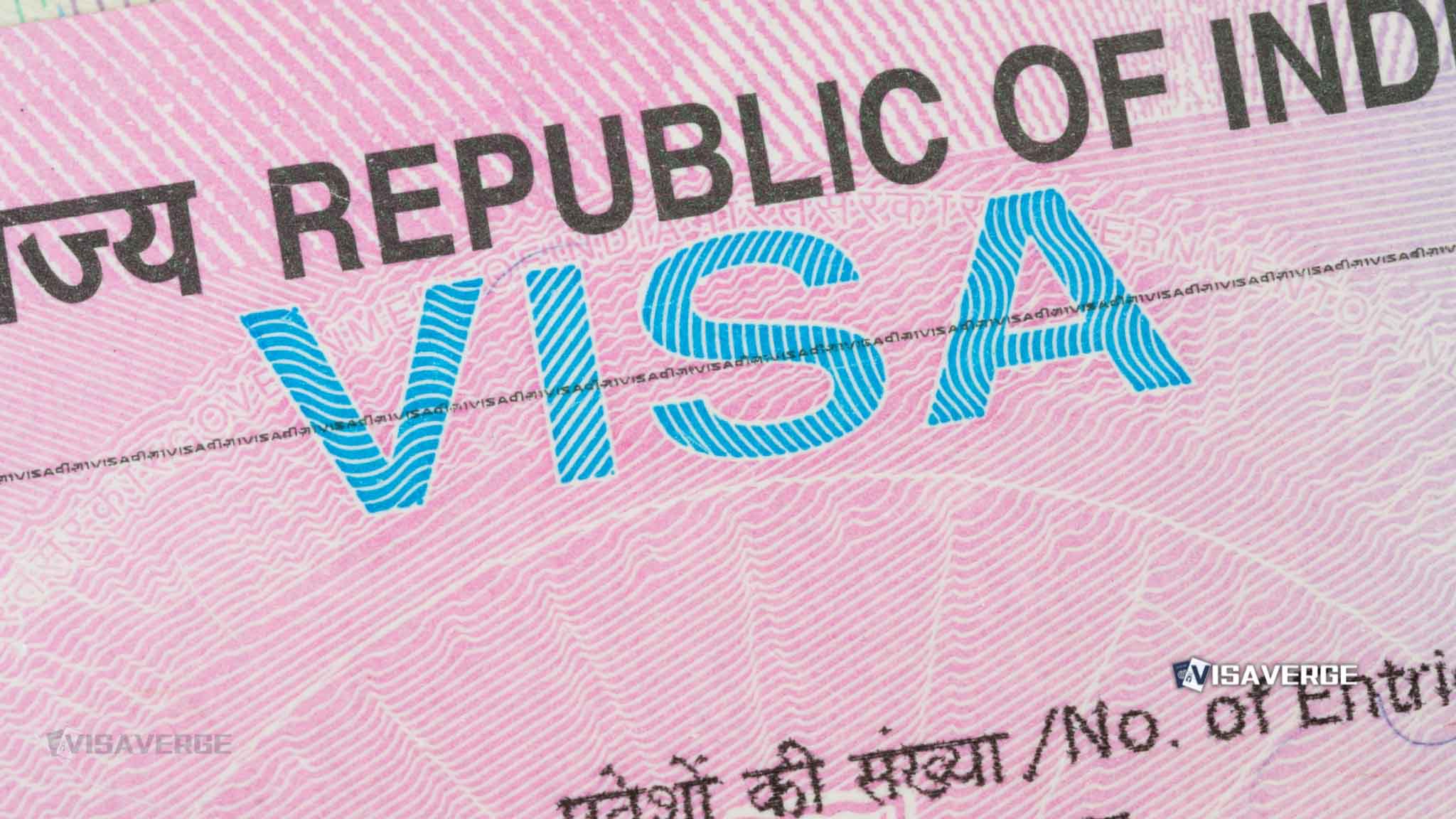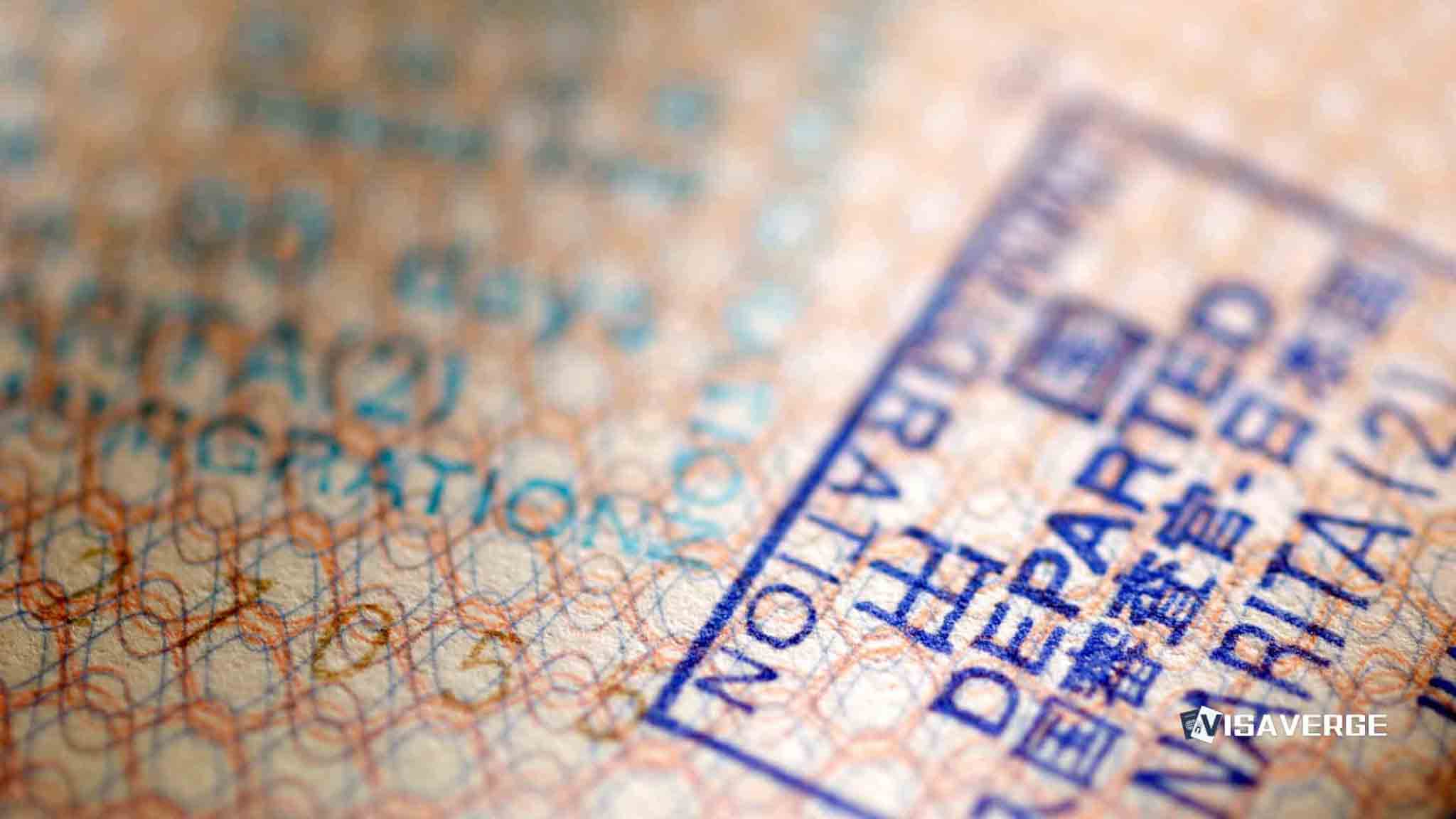Key Takeaways
• The One Big Beautiful Bill enforces a 1% remittance tax on international transfers above $15 from 2026.
• The remittance tax is an excise tax separate from income tax credits like the Earned Income Credit.
• U.S. citizens mistaken for non-citizens can claim a refund of the remittance tax when filing taxes.
As of July 6, 2025, the United States 🇺🇸 has introduced a new tax on certain international money transfers through the One Big Beautiful Bill (OBBB). This remittance tax, which affects both U.S. citizens and non-citizens, has raised questions about how it interacts with the regular income tax system, especially popular credits like the Earned Income Credit (EIC). Here’s a detailed look at what this means for taxpayers, immigrants, financial institutions, and anyone sending money abroad.

What Is the Remittance Tax in the One Big Beautiful Bill?
The One Big Beautiful Bill brings several changes to the U.S. tax system, but one of its most talked-about features is the remittance tax. This is a special tax, called an excise tax, placed on certain international money transfers—commonly known as remittances. Remittances are funds sent by people in the United States 🇺🇸 to family or friends in other countries.
Key facts about the remittance tax:
– Tax Rate: Originally set at 5%, then lowered to 3.5%, and finally fixed at 1% for transfers made after December 31, 2025.
– Who Pays: Applies to both U.S. citizens and non-citizens. The tax is collected by banks and money transfer companies, called “qualified remittance transfer providers.”
– Threshold: The tax is charged on transfers over $15 unless the sender can prove they are a U.S. citizen.
– How It’s Collected: The provider automatically deducts the tax at the time of transfer.
This tax is separate from regular income taxes. It is not based on your yearly income or your tax bracket. Instead, it is a fee on the act of sending money abroad.
Does the Remittance Tax Count Toward Income Tax Credits Like the Earned Income Credit?
A major question for many taxpayers is whether paying the remittance tax can help them qualify for, or increase, income tax credits such as the Earned Income Credit (EIC). The EIC is a popular tax credit that helps low- and moderate-income workers by reducing the amount of tax they owe and sometimes providing a refund.
The answer is clear:
The remittance tax does NOT count toward the Earned Income Credit or any other income tax credits.
Here’s why:
– Separate Tax System: The remittance tax is an excise tax, not an income tax. It is not part of the regular tax return process.
– No Credit or Deduction: Paying the remittance tax does not give you a credit or deduction on your income tax return. It does not lower your taxable income or increase your eligibility for credits like the EIC.
– Refunds Are Separate: If you pay the remittance tax by mistake (for example, if you are a U.S. citizen but could not prove it at the time of transfer), you can ask for a refund when you file your taxes. However, this refund is only for the excise tax you paid—it does not affect your income tax or credits.
In summary: The remittance tax and the Earned Income Credit are two completely separate things. One does not affect the other.
How Does the Refund Process Work for the Remittance Tax?
If you are a U.S. citizen and the remittance tax was taken from your transfer because you could not prove your citizenship at the time, you can claim a refund. This is done when you file your annual income tax return.
Steps to claim a refund:
1. File Your Tax Return: When you file your taxes for the year, you can include a request for a refund of the remittance tax you paid.
2. Provide Proof: You will need to show proof of your U.S. citizenship and details about the transfer.
3. Refund, Not Credit: The IRS will refund the excise tax amount, but this is not a credit against your income tax. It is simply returning the extra money you paid.
For more information on how to file your tax return and claim refunds, you can visit the IRS official website.
Other Tax Provisions in the One Big Beautiful Bill
While the remittance tax is separate from income tax credits, the One Big Beautiful Bill does include several changes to the regular tax system. These changes may affect your income tax return, but they are not connected to the remittance tax.
Some of the main changes include:
– Child Tax Credit: The bill increases the child tax credit from $2,000 to $2,500 per child for 2025-2028 and adjusts it for inflation.
– Deductions for Tips and Overtime: New deductions are available for qualified tips and overtime pay.
– Bonus Standard Deduction: Taxpayers aged 65 and older can claim a $6,000 bonus standard deduction through 2028.
– Affordable Care Act Changes: The bill removes some limits on recapturing advance premium tax credits.
These changes are part of the regular income tax system and may affect your eligibility for credits and deductions. However, none of these changes make the remittance tax count toward your income tax credits.
Practical Implications for Taxpayers and Immigrants
The introduction of the remittance tax has several real-world effects, especially for immigrants and families who regularly send money abroad.
What does this mean for you?
– Extra Cost: If you send money to another country, you will pay an extra 1% tax on transfers over $15, unless you can prove U.S. citizenship at the time of transfer.
– No Impact on Income Tax Credits: This extra cost does not help you qualify for the Earned Income Credit or any other income tax benefit.
– Refunds Possible: If you pay the tax by mistake, you can get a refund, but you must wait until you file your taxes and provide proof.
– Financial Institutions’ Role: Banks and money transfer companies must collect the tax, check citizenship status, and report transfers to the U.S. Treasury.
For immigrants, especially those who send money home to support family, this tax means higher costs. It also adds paperwork and possible delays if you need to claim a refund.
Expert and Stakeholder Views
Tax experts and advocacy groups have weighed in on the remittance tax and its effects.
Key points from experts:
– Complex Compliance: According to analysis by VisaVerge.com, the remittance tax is complicated for both taxpayers and financial institutions. There are concerns about the burden of proving citizenship and the risk of paying the tax by mistake.
– Limited Benefit: Many experts say the tax will not raise much money for the government but will create extra work and costs for people who send money abroad.
– No Link to Income Tax Credits: Legal and tax professionals stress that the remittance tax is an excise tax, not an income tax. It should not be included in tax planning for credits like the Earned Income Credit.
Advocacy groups, such as AARP, have focused on other parts of the bill, like the bonus deduction for older adults, but have not suggested that the remittance tax helps with income tax credits.
Background: How Did the Remittance Tax Become Law?
The remittance tax was first proposed in early 2025 as part of the One Big Beautiful Bill. Lawmakers debated the tax rate, starting at 5%, then lowering it to 3.5%, and finally settling on 1% for transfers after December 31, 2025.
Timeline:
– Early 2025: Remittance tax introduced in Congress.
– Mid-2025: Congress passes the bill with the remittance tax included.
– After December 31, 2025: The 1% remittance tax takes effect.
The bill also made several other changes to the tax code, but the remittance tax remains a separate excise tax, not part of the income tax system.
What Should Taxpayers and Financial Institutions Do Now?
With the remittance tax set to begin soon, both individuals and financial institutions need to prepare.
For individuals:
– Check Your Status: Make sure you can prove your U.S. citizenship when sending money abroad to avoid paying the tax.
– Keep Records: Save receipts and documents for any remittance tax paid, in case you need to claim a refund.
– Understand Your Taxes: Remember that paying the remittance tax does not help you with income tax credits like the Earned Income Credit.
For financial institutions:
– Update Systems: Banks and money transfer companies must update their systems to collect the tax and check citizenship status.
– Report Transfers: Providers must report remittance transactions to the U.S. Treasury.
– Educate Customers: Institutions should inform customers about the new tax and how it works.
Possible Future Changes and What to Watch For
Because the remittance tax is new and complex, there may be changes or clarifications in the future.
What could change?
– IRS Guidance: The IRS may issue new rules on how to claim refunds and prove citizenship.
– Legislative Updates: Congress could change the tax rate or the rules if there are problems with compliance or fairness.
– Stakeholder Feedback: Immigrant groups, banks, and advocacy organizations may push for changes if the tax causes hardship or confusion.
It’s important to stay informed by checking official sources, such as the IRS website, for updates.
Frequently Asked Questions
Q: If I pay the remittance tax, can I use it to lower my income tax bill?
A: No. The remittance tax is separate from income taxes. It does not lower your taxable income or help you qualify for credits like the Earned Income Credit.
Q: What if I am a U.S. citizen but paid the remittance tax by mistake?
A: You can claim a refund when you file your annual tax return, but you must provide proof of citizenship and details about the transfer.
Q: Does the remittance tax apply to all money transfers?
A: No. It only applies to international transfers over $15, unless you can prove U.S. citizenship at the time of transfer.
Q: Are there any exceptions or ways to avoid the tax?
A: The main exception is for U.S. citizens who can prove their status when making the transfer.
Official Resources and Contacts
For more information or help with the remittance tax, you can contact:
– Edward Hild, Government Relations Principal, BIPC: [email protected]
– Sahel A. Assar, Tax Counsel and Chair of Blockchain and Digital Asset Practice Group, BIPC: [email protected]
You can also find official forms and updates on the IRS website.
Key Takeaways
- The One Big Beautiful Bill introduces a remittance tax on certain international money transfers, starting at 1% for transfers after December 31, 2025.
- This tax is an excise tax, not part of the regular income tax system.
- Paying the remittance tax does NOT count toward income tax credits like the Earned Income Credit.
- If you pay the tax by mistake, you can claim a refund, but this is separate from your income tax return and credits.
- Financial institutions must collect the tax, check citizenship status, and report to the Treasury.
- Stay informed by checking the IRS official website for updates and guidance.
By understanding these rules, taxpayers and immigrants can avoid confusion and make informed decisions about sending money abroad under the new law.
Learn Today
Remittance Tax → A special excise tax on certain international money transfers exceeding $15, collected by providers.
Earned Income Credit (EIC) → A refundable tax credit aiding low- and moderate-income workers by reducing their tax burden.
Excise Tax → A tax on specific goods or actions, like remittances, separate from regular income taxes.
Qualified Remittance Transfer Providers → Banks and companies authorized to deduct and report remittance taxes during money transfers.
Refund → Reimbursement of remittance tax paid mistakenly by individuals who prove U.S. citizenship during tax filing.
This Article in a Nutshell
Starting January 1, 2026, the One Big Beautiful Bill imposes a 1% excise tax on international money transfers above $15. This tax is separate from income taxes and does not affect eligibility for credits like the Earned Income Credit, but refunds are available for mistaken payments.
— By VisaVerge.com







